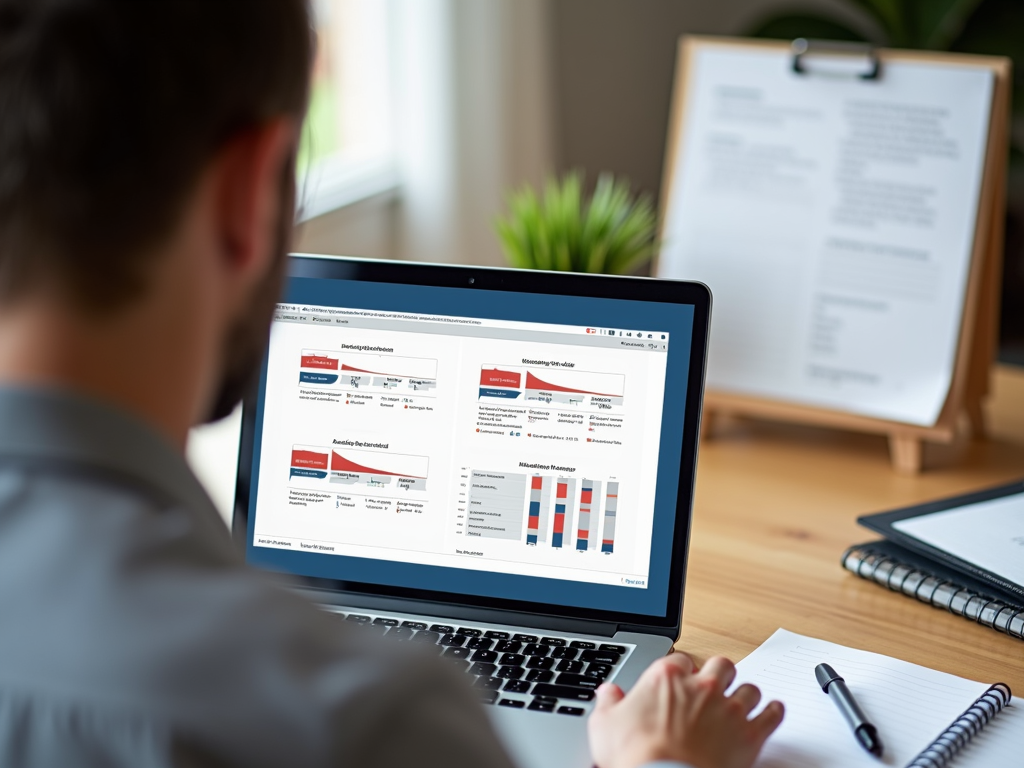Self-employed workers in Germany face the challenge of independently organizing their pension plan. Without the automatic coverage of the statutory pension system, they require tailored solutions. This article examines the Rürup pension and its tax advantages, as well as options for private and company pensions. Discover how, through wise investments and tax optimization, you can create a solid financial foundation for your retirement.
Rürup Pension: A Tax Advantage with Sustainable Security for Self-Employed Workers

The Rürup pension, also known as the basic pension, provides a tailored solution for self-employed workers seeking a flexible and tax-advantaged pension plan. Since its introduction in 2005, this pension option has established itself as an effective instrument for those who do not have access to the statutory pension system or who consciously choose an alternative coverage.
A key advantage of the Rürup pension lies in its tax configuration during the accumulation phase. Contributions invested in this form of pension can be consistently deducted from taxes. In 2025, the maximum deductible amount for individuals is up to 29,344 euros, while married couples can reach up to 58,688 euros. This deductibility not only significantly reduces taxable income but also results in immediate tax savings. This makes the Rürup pension particularly attractive for self-employed workers looking for opportunities to optimize their tax burden. Additionally, this form of pension provides a flexible contribution setup, allowing changes based on the insured person’s economic situation at any time.
In the payout phase, the principle of deferred taxation applies. This means that pension payments at an older age are taxed based on the individual’s personal tax rate. Starting in 2025, 83.5% of the payments will be subject to taxation, with an annual increase of 0.5%, reaching full taxation by 2058. Despite the future tax obligation, Rürup retirees will benefit from a generally lower tax rate in older age, thus reducing financial burdens.
In addition to its tax attractiveness, the Rürup pension offers the security of a lifelong pension payment. For many self-employed workers, this is a decisive criterion as it alleviates economic uncertainties in old age. Furthermore, the basic pension can be combined with insurance against loss of ability to work, thereby completing the protection against unforeseen events.
Overall, the Rürup pension represents a valuable component of strategic pension planning. Self-employed workers can sustainably strengthen their economic security for retirement by combining tax advantages and stable payout conditions.
Strategic Pension Planning: Private and Company Options for Self-Employed Workers

Financial security in old age is one of the central challenges that self-employed workers face in Germany. Unlike employees, they are not automatically integrated into the statutory pension system. Therefore, they must creatively and strategically manage their pension options. Models of private and company pensions offer various interesting opportunities.
Private pension options are distinguished by their flexibility and individuality, which adapt to the specific needs of self-employed workers. Private health insurance (PHI) is an important component in this context. It not only offers superior medical benefits and customizable rates but also shorter waiting times for treatments. However, here the employer’s contribution is missing, and premiums can increase significantly in older age. Some insurers, however, offer premium refunds if no benefits are claimed for a certain period.
One of the most popular options for private pension provision is the Rürup pension. It is tax-favored and allows for flexible contributions that take into account the variable incomes of self-employed workers. Particularly attractive are the lifetime pension payments, which promise financial security in older age. Those who contribute in good time benefit from the compound effect, which can lead to considerable asset accumulation in the long term.
In the field of company pension options, models such as direct promises or pension promises fall under this category, but they are less relevant for self-employed workers without employees. However, for self-employed workers with their own businesses, these options offer interesting prospects. Direct insurance, another form of company pension, is state-supported and involves a low administrative burden. It is flexible, but primarily for self-employed workers who employ staff.
Recommendations for a solid pension provision include timely examination of available models and a strategic selection of those that offer tax advantages and flexible contribution options. In-depth advice from a professional can help develop tailored solutions that meet individual financial conditions.
The combination of private and company pension provision allows self-employed workers to efficiently bundle various advantages and ensure a secure financial future. It is an investment in their own independence and a crucial step towards a sustainable standard of living in old age.